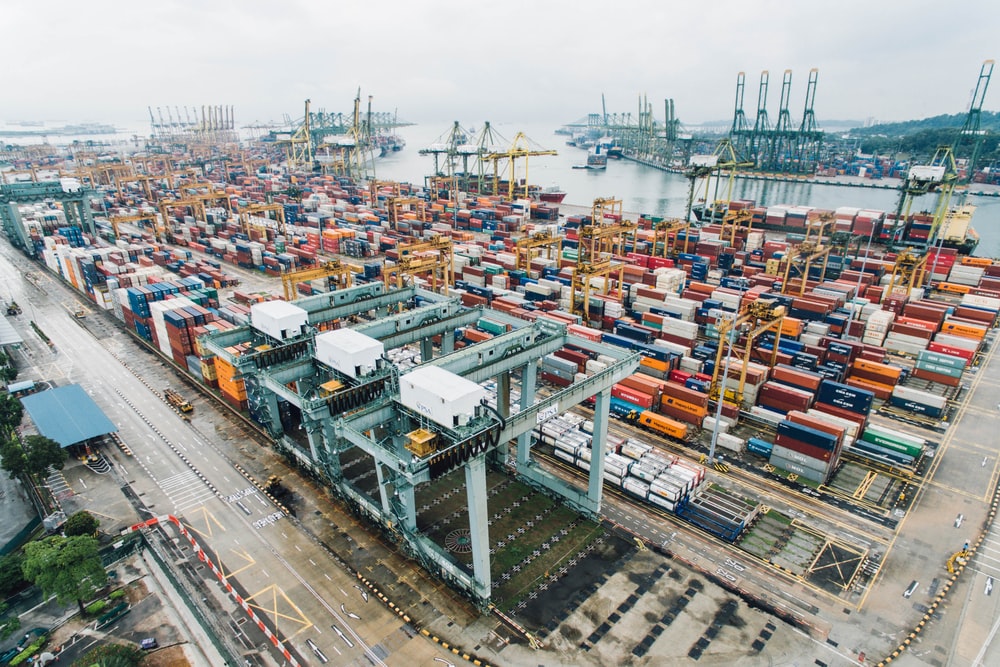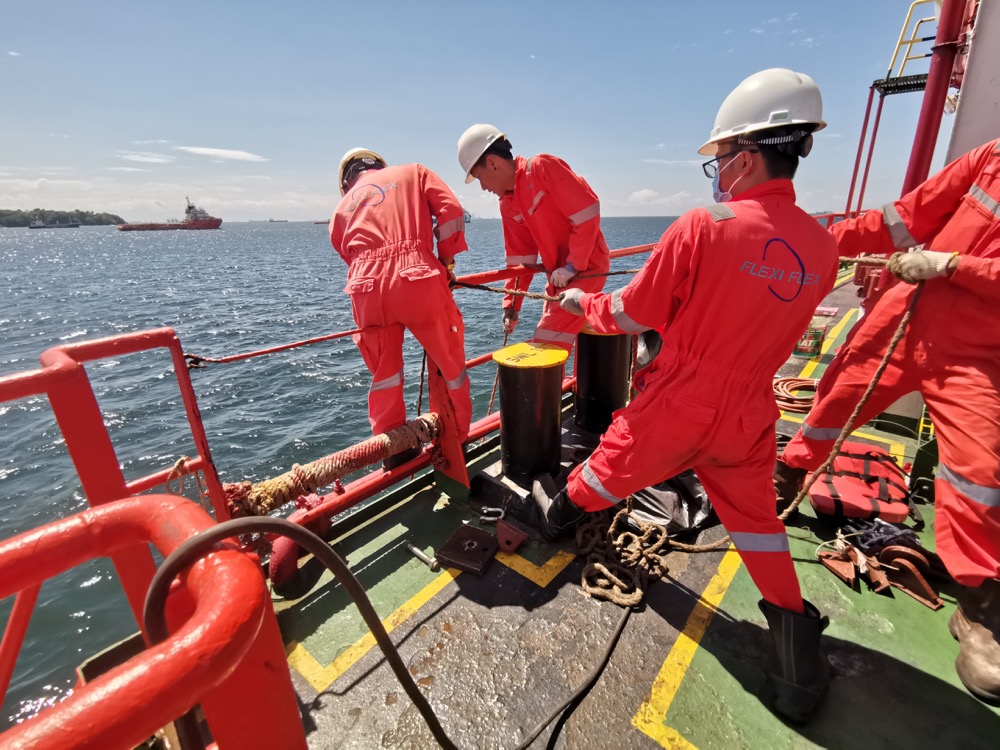World leaders’ knee-jerk reactions to the Omicron variant are putting transport workers and the global supply chain at greater risk of collapse, warn international transport organisations and unions representing road, air and sea transport.
Cross-border transport workers including seafarers, air crew and drivers must be able to continue to do their jobs, and cross borders without overly restrictive travel rules, to keep already ailing supply chains moving.
IATA, the International Air Transport Association, ICS, the International Chamber of Shipping, IRU, the International Road Transport Union, and ITF, the International Transport Workers’ Federation, have jointly called for governments to not reimpose border restrictions that further limit the freedom of movement of international transport workers and learn from the lessons of the last two years.
One week since the World Health Organization (WHO) designated the new Omicron strain of COVID-19 as a “variant of concern”, at least 56 countries have reimposed varying degrees of travel restrictions.
The transport bodies, which represent more than $20 trillion of world trade annually and 65 million global transport workers across the supply chain, call for an end to the rushed and fragmented approach to travel rules by governments. Now is the time for heads of state to listen to industry leaders and workers, by taking decisive and coordinated action together to ease strain on the supply chain, and support an exhausted global transport workforce during the busy holiday season.
Today the transport bodies also expressed frustration that governments were reneging on clear steps issued to world leaders in September to:
- Guarantee the free and safe movement of transport workers
- Prioritise transport workers to receive WHO-recognised vaccines
- To adopt lasting travel and health protocols developed by industry for seafarers, drivers and air crew, as endorsed by WHO, ILO, IMO and ICAO
- To create globally harmonised, digital, mutually-recognised vaccination certificates and processes for demonstrating health credentials (including vaccination status and COVID-19 test results), which are paramount to ensure transport workers can cross international borders
- Increase global vaccine supply by all means at our disposal in order to expedite the recovery of our industries
A crisis meeting with the World Health Organization (WHO) and the International Labour Organization (ILO) to discuss the recommendations, and the impact that travel bans and other restrictions in response to the Omicron variant will have on transport workers and the global supply chain is scheduled for Monday 6 December.
Guy Platten, Secretary General, ICS, said: “This feels like groundhog day for our transport sectors. There is a real and legitimate fear that unless coordinated action is taken by world leaders we will see a return to the peak of the crew change crisis in 2020 where more than 400,000 seafarers were impacted by unnecessarily harsh travel restrictions. Our transport workers have worked tirelessly for the past two years throughout the pandemic to keep the global supply chain moving, and they are at breaking point. December is traditionally a busy time for seafarers returning home to their families and governments owe them the chance to spend that time with their loved ones.”
Stephen Cotton, General Secretary, ITF, said: “The same governments that have blocked global vaccine access are now the first to lock down their borders to keep the Omicron variant out. Instead of pursuing a global solution to this pandemic, their decisions further risk supply chain collapse.” (Seafarer image by Shutterstock)

Photo Unsplash





